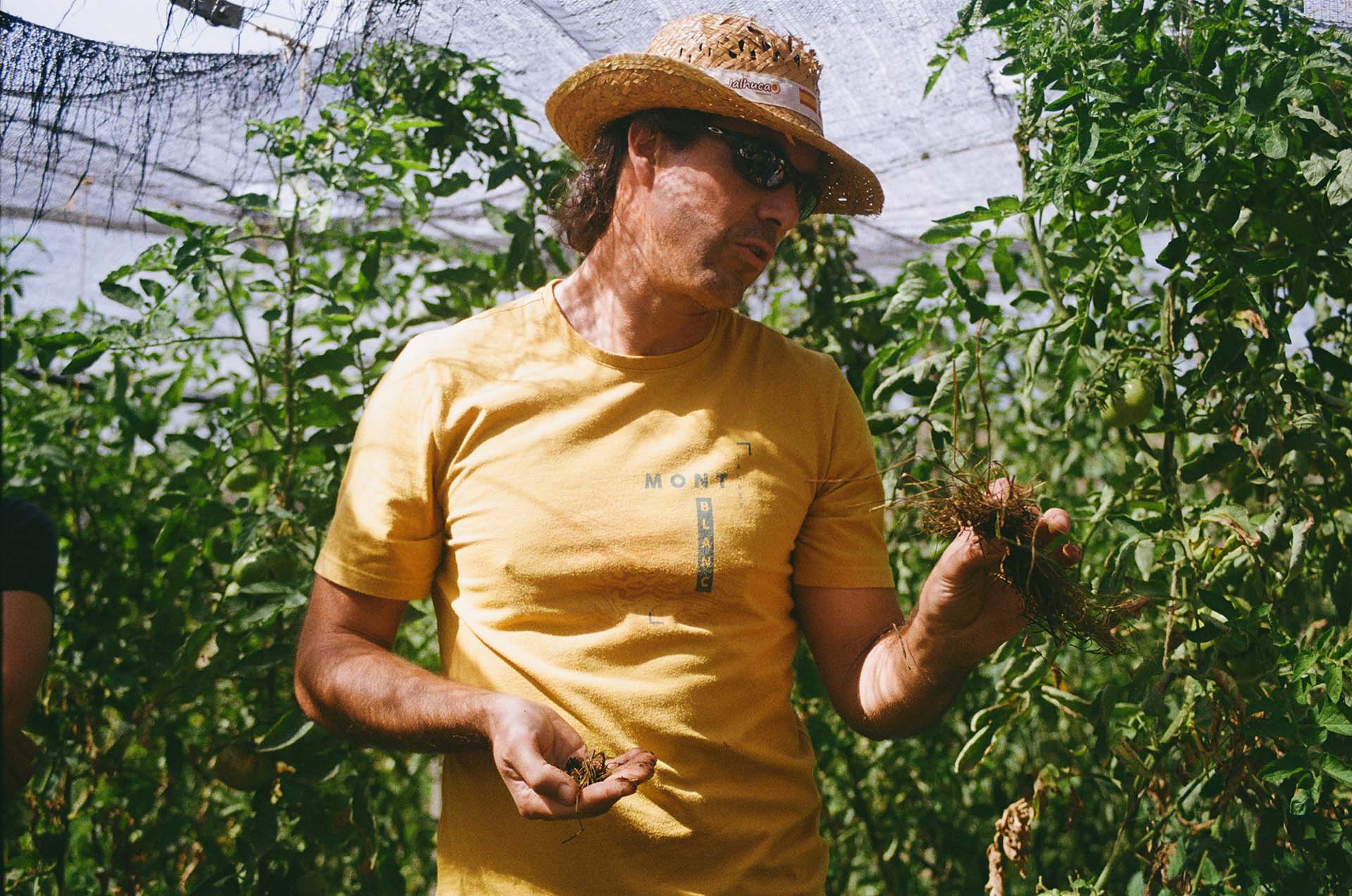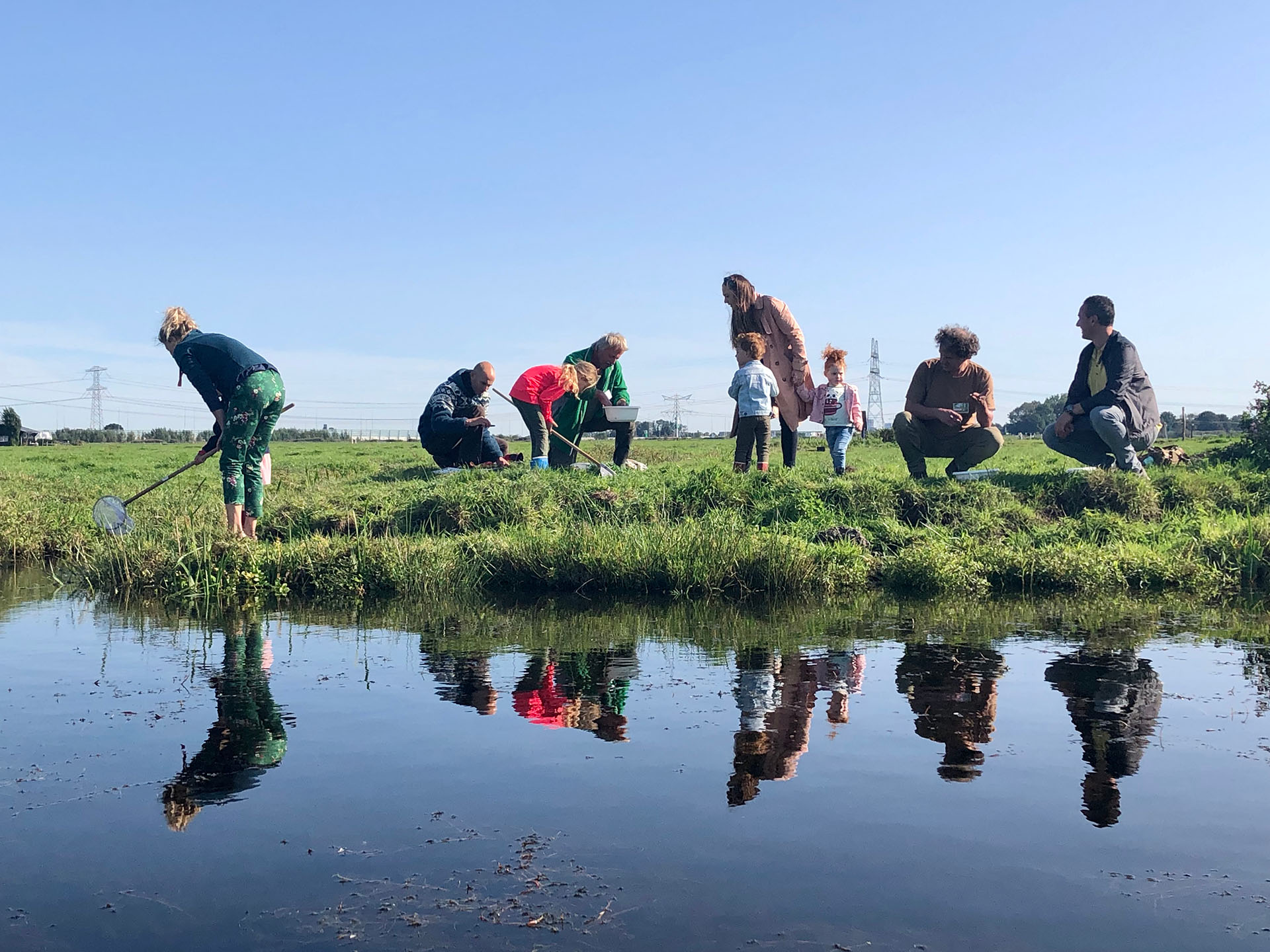Don’t Leave Farmers to Suffocate
On the several ways to empower farmers and save the wild
“The guys producing our food are getting f**ked at every turn,” says George Lamb, co-founder of Wildfarmed, an organization that connects regenerative farmers to food suppliers in the UK and France. Lamb’s blunt assessment echoes the frustrations of farmers. Caught between pressure from cheap imports and environmental measures exacerbating their financial struggles, Europe’s farmers feel deserted. Research underscores their plight, revealing staggering unmet financing needs of €62 billion in 2023 alone.
Since the introduction of the Nature Restoration Law to the European Commission in June 2022, media coverage of farmer protests has surged across Europe. However, it’s important to note that these protests aren’t solely about the law itself. Rather, they stem from long-standing grievances that have reached a boiling point coinciding with the passage of the law. Issues such as bureaucratic obstacles, trade agreements, economic policies, income disparities within the sector, and the broader call for societal recognition are all driving farmers to protest.
However, the exact mix of reasons as to why farmers are taking to the streets varies significantly across regions, adding layers of complexity to the discussion about what it will take to foster a sustainable food system.
Despite the challenges of transitioning, agriculture stands out as an industry most in need of nature restoration. Given that climate change and biodiversity loss disproportionately affect the agricultural sector, the imperative for farmers to transition to sustainable practices cannot be overstated. To do this they need our help.

Commission President Ursula von der Leyen has said that the green transition is a symbol of polarization. The failure to heed farmers’ requests for support only perpetuates this polarization, impeding the cooperation necessary to address complex environmental challenges like ecosystem restoration—a roadblock we simply cannot afford in the face of the climate crisis.
The remedy to polarization lies in society’s commitment to supporting farmers. By first supporting farmers, they are then, and only then, capable of supporting nature. Across the globe, organizations are already engaged in the crucial work of equipping farmers with resources.
A Safety Net for a Messy Transition
Transitioning to regenerative agriculture is a significant endeavor for farmers, requiring not only dedication, but also access to essential resources like training and investment. “Farmers have no external incentive to make the transition to regenerative agriculture,” states Philippe Birker, co-founder of Climate Farmers. “What I would love to see,” continues Philippe, “is corporations or society taking the risk away from them. We do know that they will have fewer yields for the first 3–5 years, and right now that risk is on them.”
To mitigate this risk, AlVelAl Association, a prominent farmer cooperative in Spain, provides financial assistance and training to farmers transitioning to regenerative farming while also providing landscape programs. These incentives help offset the initial costs and challenges associated with implementing new techniques.
One great example of reducing the risk burden is AlVelAl’s shared machinery bank. Launched in 2023, the bank is a cost-effective innovation that facilitates the sharing of machinery amongst farmers while applying new regenerative farming techniques such as no-tilling, clearing of green cover, shredding of pruning waste, and organic matter input.
Elvira Marin, former AleVelAl director and now director of Aland Foundation, an organization extending regenerative agriculture’s success across the Iberian Peninsula, emphasizes the importance of mobilizing communities. The key to this mobilization is the inclusion of key stakeholders such as farmers, researchers, and future generations in the restoration process. “The dream of the AlVelAl team is to create a big movement of people. AlVelAl itself cannot restore 1,000,000 hectares but the people who live there can restore the landscape,” says Marin.
Fostering Dialogue Across Battle Lines
Wij.land, a 300-person strong farming network in the Netherlands is another initiative providing resources to farmers to drive a local regeneration revolution. Through an initiative called the Peat Meadow fund, wij.land gives farmers, citizens, or entrepreneurs the financing needed to make regenerative agriculture projects a reality. This fund is all about tearing down barriers and speeding up the transition to a revitalized landscape.
The remedy to polarization lies in society’s commitment to supporting farmers. By first supporting farmers, they are then, and only then, capable of supporting nature.
Through a learning network facilitated by wij.land, the organization provides a space where everyone can swap stories and share their wins and losses. “It is really underestimated how many ideas farmers have, and how willing they actually are for change,” states Rosa Vendel, Project Manager at wij.land.
She goes on to explain that farmers are used to changing and working with nature to some extent already. When these farmers are brought together in networks to connect, you can see that the power to change is not top-down, but bottom-up.
In 2023, wij.land brought together decision-makers and farmers to align on perspectives of how government policy is embedded in the reality of farming. One of the farmers at the event remarked that it “sounds like it is also a hassle to work at the ministry. I thought it was easy work.” Fostering understanding between parties and increasing dialogue is an important element of these learning networks, driving change by creating connections and offering space for mutual learning across siloed sectors.
The Comfort of a Shared Struggle Across Borders and Generations
“It is very comforting and useful to know that I am part of a learning network of people struggling with the same challenges,” says Gabriela Poiană, Program Coordinator at Asociația Kogayon, adding, “It is way easier to act in a network than by yourself.”
We need the youth to be inspired to farm – and to do so regeneratively.
She is reflecting on the power of cross-continental learning networks for all those who work to restore landscapes. This includes farmers who are looking to transition from business-as-usual practices that are degrading ecosystems towards a more regenerative model, as well as landscape practitioners who advocate for this work on a systems level.
An example of such a network is the Bioregional Weaving Labs Collective – a European initiative bringing together changemakers leading the charge when it comes to landscape restoration to facilitate peer-to-peer learning across borders. Their goal? To mobilize one million change-makers across one million hectares of Europe’s land and seas.
Joseph Gridley, CEO of Soil Association Exchange in the UK, highlights that the significance of collective action in landscape restoration should not be underestimated. “Finding ways to join farmers up to do [landscape restoration] en masse is fundamental.”
Learning networks can also help with bringing the next generation of farmers into the regenerative transition. Geert van de Veer, co-founder of Herenboeren, an agricultural cooperative in The Netherlands, highlights the impending retirement of a generation of farmers, which poses both challenges and opportunities for the regenerative transition. He asks, “What kind of system can we build so that we can produce livelihoods in landscapes that are becoming deserted?”

As more and more youth are leaving rural areas for urban areas, inspiring the next generation of farmers is a vital purpose of these collaborative learning networks. We need the youth to be inspired to farm – and to do so regeneratively. This is the only way to ensure livelihoods for their children and all generations to come.
It’s Going to Take Time
It has taken decades of time, investment, and innovation to get to the current model of intensive agriculture that we are ‘stuck’ in. We cannot expect a change in agriculture overnight. While the passage of the Nature Restoration Law marks a significant step forward for environmental protection, the ongoing legitimate frustration from farmers will hinder its implementation unless they’re given more support in this transition. Without adequate support, we leave farmers grappling with debt, lack of skills, and uncertainty – despite farmers being key stakeholders in our food systems.
Dialogue is the only way to foster understanding of how to navigate the complexities of creating a more sustainable food system that works for all parties.
The Nature Restoration law marks the starting point of collaborative action to address the gaps in between environmental legislation and agricultural livelihoods. In the coming months, member states will develop national restoration plans, and European Union policy-makers will vote on a whole host of agri-food and carbon farming measures. Tangible support to farmers across policy levels – through investment, training, and learning networks – must be top of the agenda.
Dialogue across societal sectors will be key here – both with farmers and broader society. We all have a stake in the food system, after all. Dialogue is the only way to foster understanding of how to navigate the complexities of creating a more sustainable food system that works for all parties – up and down the value chain.
By giving farmers the right kind of support and recognizing their pivotal role in achieving environmental goals, we can pave the way to a more sustainable and inclusive future.